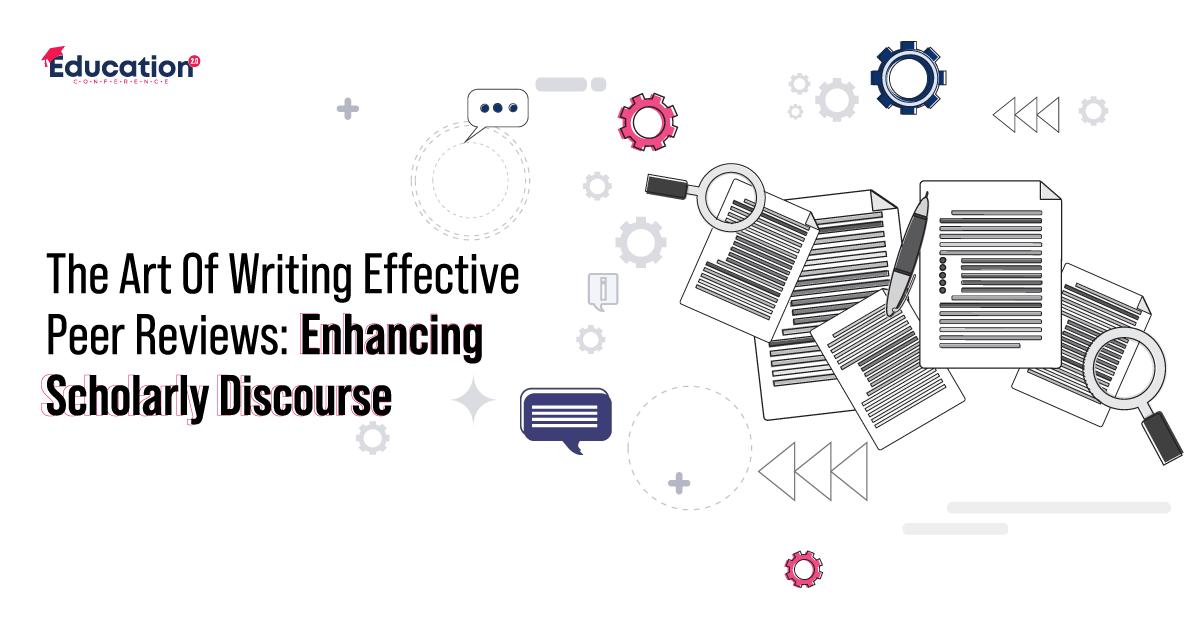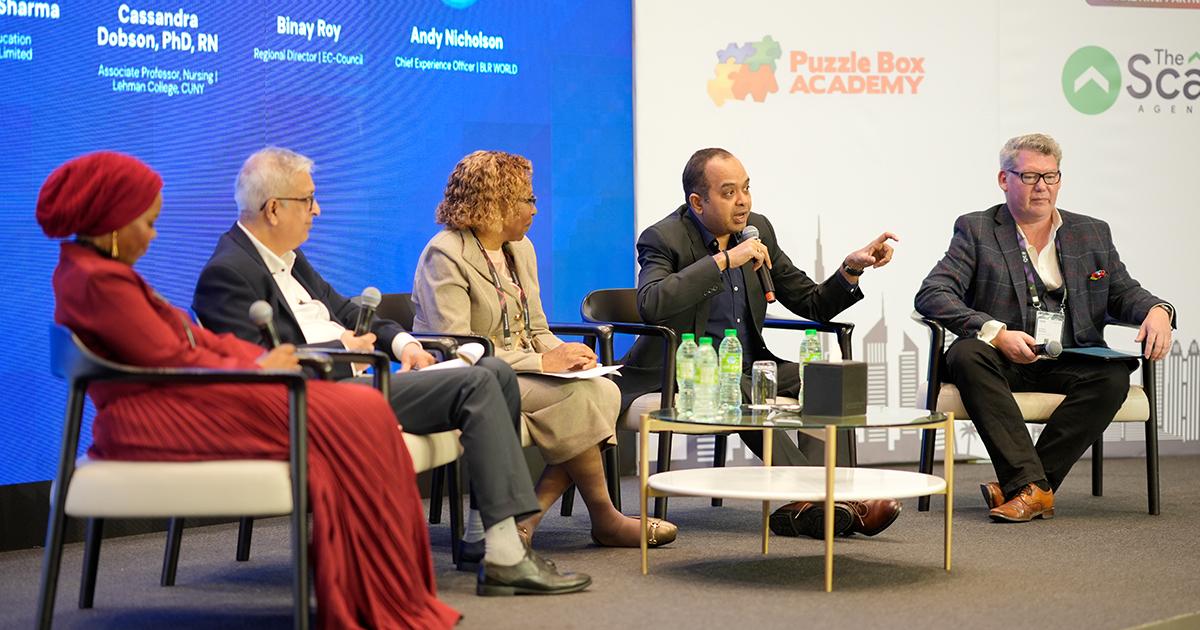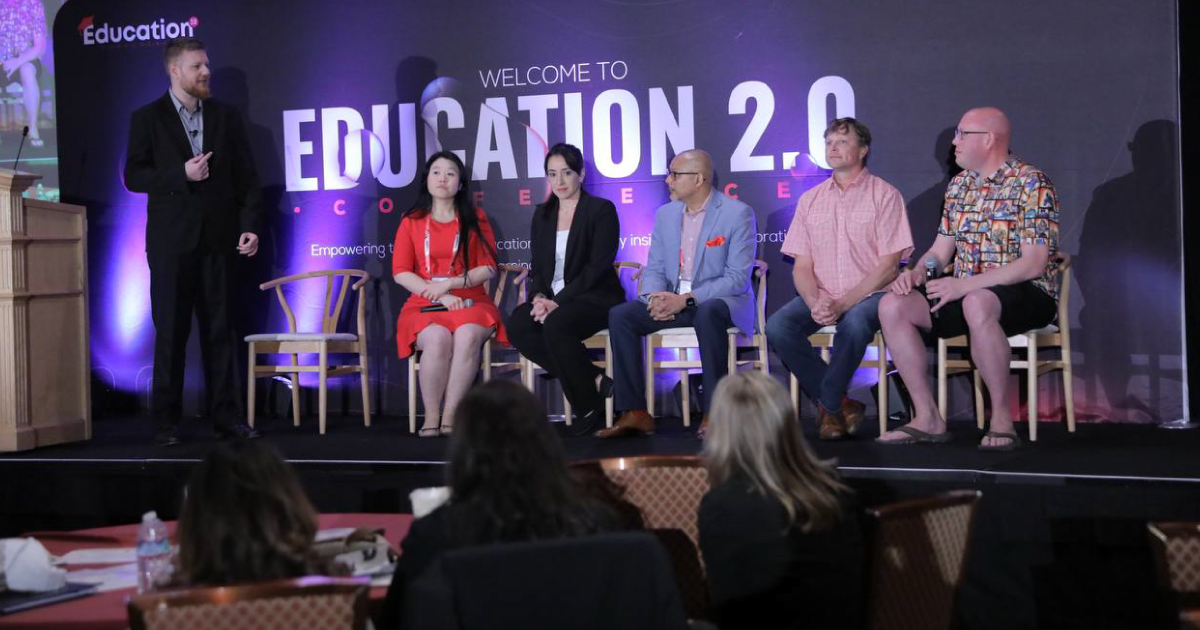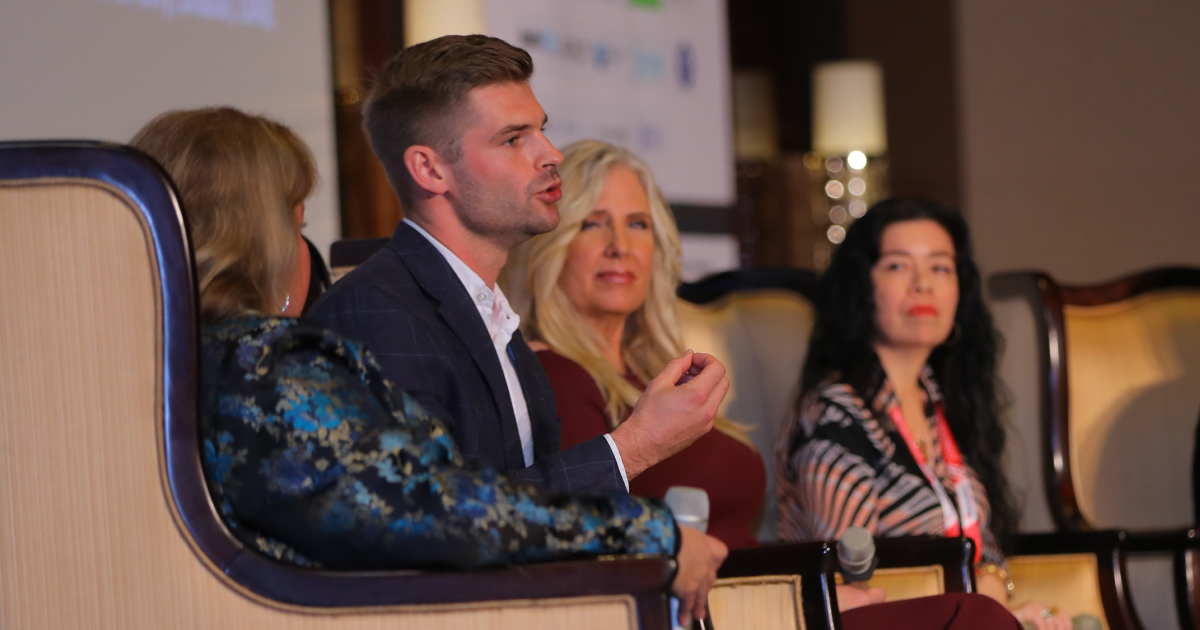A key factor in imparting education is a thorough exchange of ideas that fuels intellectual growth. Within this exchange of ideas, lies the art of making effective peer reviews—a skill that has become of great importance to upcoming education conferences in 2024.
Effective peer reviews elevate scholarly conversations and nurture a supportive academic community. Whether you're a researcher or a newcomer to the education industry, creating impactful peer reviews can make a significant difference. In this blog, we'll delve into the essentials of writing reviews that empower authors, encourage insightful discussions, and enrich the academic dialogue.
Constructive Feedback: A Building Block Of Better Papers
According to experts at Education 2.0 Conference, writing a peer review involves more than pointing out errors; it's about helping authors refine their work. You should opt for clear, constructive criticism that aids understanding. Instead of merely saying, "This part needs work," explain your thoughts in a way that supports improvement.
Top education conferences also suggest academics to shine a spotlight on strengths. Effective reviews don't solely focus on weaknesses. Acknowledge the paper's strengths—the moments of clarity, the well-constructed arguments, and the impressive research. A balanced approach instills confidence and inspires growth.
Structuring Your Review For Impact
Education conferences and events share some legit tactics to create an organized review structure. These are summarized below–
- Establish Your Perspective
Begin your review with a short introduction that highlights your expertise without overshadowing the author's efforts. This helps build a connection and positions your feedback as valuable insights.
- Grasp The Essence
Provide a concise summary of the paper's key points. This showcases your engagement and ensures you've captured the author's intentions accurately.
- Offer Legit Solutions
Identify specific areas that could benefit from improvement. Rather than overwhelming the author, focus on a few pivotal aspects that, if addressed, could significantly enhance the paper's quality.
- Acknowledge Success
Recognize and commend strong aspects of the paper. Did the author introduce a fresh perspective, use compelling evidence, or present innovative conclusions? Let them know they're on the right track.
Communication Clarity: Your Secret To Impactful Reviews
Experts of the top education conferences, like the 2024 edition of Education 2.0 Conference, shared effective tips to maintain clarity when communicating your points. Below are some points to keep in mind:
- Steer Clear Of Technical Language
While it's tempting to flaunt vocabulary, clarity is better than complicated jargon. Avoid using technical terms that could confuse the author. Simple language is your best ally in making your points understood.
- Precision Matters: Provide Examples
When pointing out issues, illustrate with concrete examples. Instead of vaguely stating, "Your argument isn't clear," show where the confusion lies, making it easier for the author to grasp your feedback.
- Empathetic Tone: Put Yourself In Their Shoes
Imagine receiving your own review. Craft your words with empathy and respect. Remember, behind every paper is a researcher who has invested time, energy, and passion.
4. Practical Suggestions: Nurturing Growth Through Feedback
While writing a peer review, it is important to provide thoughtful arguments. Conclusive suggestions can be made by following the below tactics-
- Give Solutions, Not Just Critiques
Effective reviews provide actionable suggestions. If you find a section lacking coherence, suggest alternative phrasing. If the methodology seems shaky, propose more strong approaches.
- Prioritize For Impact
While addressing various aspects is important, start with the most crucial ones. Tackling major issues first ensures that the author focuses their efforts where they matter the most.
Ethical Conduct: Upholding Integrity In Peer Reviews
When it comes to writing peer reviews, ethics matter. Let's review some points that Education 2.0 Conference experts are expected to highlight at the 2024 conference.
- Confidentiality Matters: Keep It Private
Remember the confidentiality of the peer review process. Your goal is to aid improvement, not expose flaws for all to see.
- Unbiased Evaluation: Content Over Opinion
Stay objective and impartial. Your review is about the quality of the research, not personal opinions. Focus on the content, not your preferences.
- Review Your Review: Reflect And Refine
After submitting your review, take a moment to assess your feedback. Ask yourself if your points were communicated effectively and if your suggestions were genuinely beneficial.
- Learn And Evolve: Progress Is Key
Writing peer reviews is an evolving skill. Embrace feedback on your own reviews and adapt your approach based on what you learn.
Crafting A Brighter Academic Dialogue
Mastering the art of writing impactful peer reviews is an investment in enhancing scholarly conversations. That is why upcoming education conferences in 2024 are making it a high-priority topic in their agendas.
Final Words
Your words can inspire, guide, and spark growth in fellow researchers. As you hone this skill, remember that you're not just critiquing a paper; you're contributing to the vibrancy of the academic discourse. Every review you craft is a step towards fostering a community of learning, understanding, and mutual support. Top education conferences like Education 2.0 Conference can be a great support as you attempt to write an academic peer review. Being among the leading education conferences and events, it covers trending topics about education like learning, embracing change for leadership, women in education, and more.













